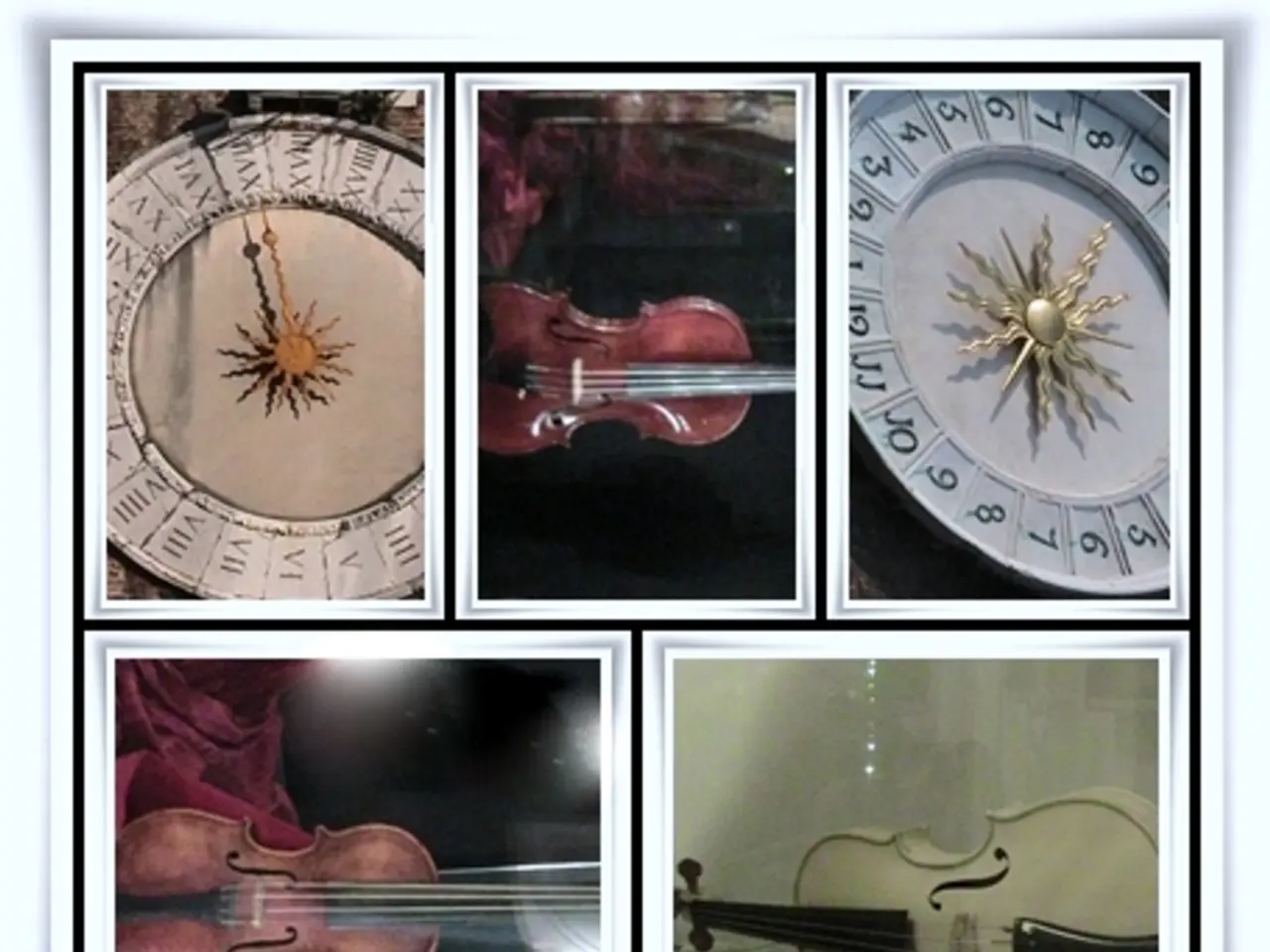Timeless Depths: Time's Iron Rule
In the realm of thought-provoking documentaries, the "Deep Time" series stands out as a unique exploration of the natural ecologies of time. Produced by the Center for Humans and Nature and To The Best Of Our Knowledge, this series invites us to reflect on our relationship with nature's intrinsic rhythms, or "clocks," and consider the benefits of living in harmony with the natural cycles, rather than strictly adhering to human-made constructs of time.
The "Deep Time" series delves into life beyond the conventional concept of time, encouraging a shift from the dominant human perspective of time as a precise, segmented measurement to a more organic experience of time marked by natural phenomena and rhythms. This transformation is achieved by exploring how nature's clocks operate on vastly different scales and principles than human clocks, offering insights into a more synchronized, less artificial experience of time and life.
One of the key aims of the series is to foster habits of "timefulness," helping individuals live more in harmony with nature's clocks. By doing so, the series suggests, we can influence our sense of presence and connection to the world around us, aligning ourselves with wild, natural clocks—the temporal patterns found in seasons, biological processes, or cosmic cycles.
The "Deep Time" series does not limit its exploration to human-defined time frames. Instead, it teaches about various types of time and their ecologies, from the microscopic to the cosmic, encouraging a deeper understanding and respect for the complex, interwoven patterns that nature embodies.
Related themes can be found in documentaries and scientific discussions about natural rhythms, fractals, and time as a physical and philosophical concept, underscoring the significance of acknowledging these natural temporalities in our daily existence.
In essence, the "Deep Time" series is a thought-provoking journey that invites us to reconsider our relationship with time, encouraging us to live more harmoniously with nature and embrace a more organic, less artificial experience of time and life.
[1] Center for Humans and Nature. (n.d.). Deep Time. Retrieved from https://chicagohumanities.org/series/deep-time/
[3] The Fractal Nature of Time. (n.d.). TED-Ed. Retrieved from https://ed.ted.com/lessons/the-fractal-nature-of-time-daniel-schmachtenberger
[4] The Physics of Time. (n.d.). NOVA. Retrieved from https://www.pbs.org/wgbh/nova/physics/time.html
- The "Deep Time" series extends beyond science and documentaries, delving into the realms of health-and-wellness and environmental-science, teaching us about the importance of aligning our lifestyles with nature's intrinsic rhythms for personal growth and a harmonious relationship with the environment.
- As the "Deep Time" series reveals, our understanding of time is not confined to the realm of science alone; it also plays a significant role in shaping our cultural perspectives, prompting us to reevaluate our traditional norms and embrace a more organic and symbiotic coexistence with our natural environment, thereby fostering a more balanced worldview.




